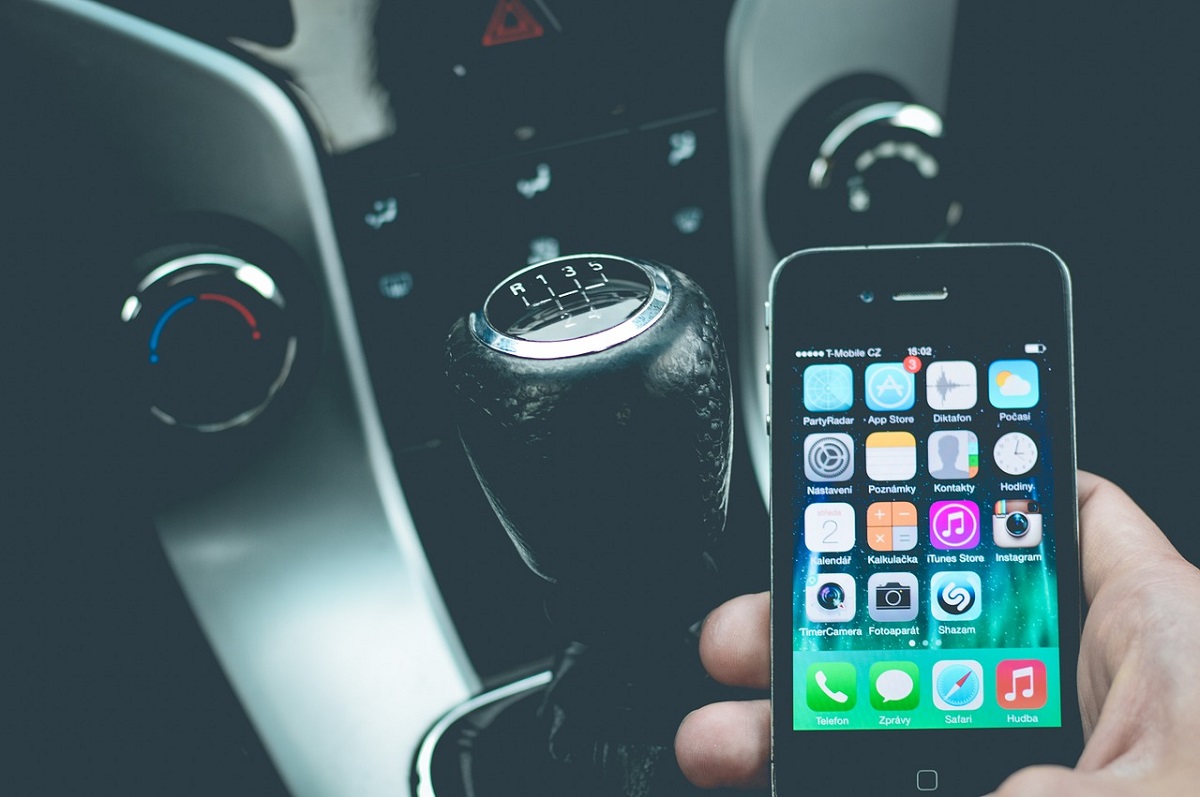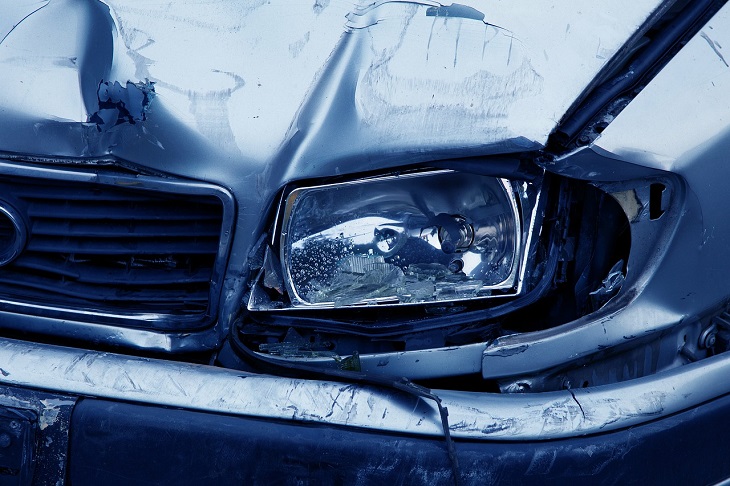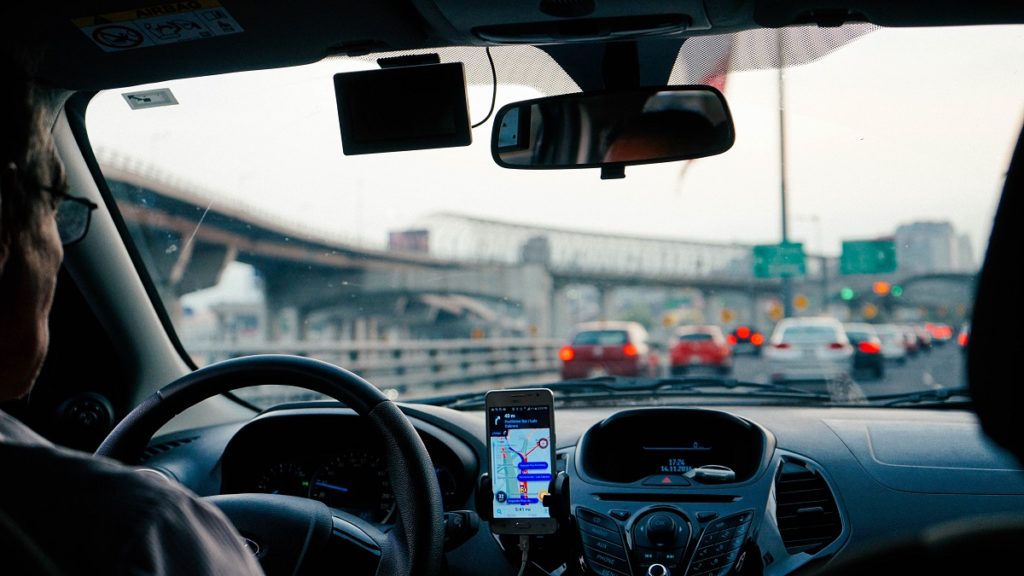Driving And Cellphones: The Dangers And The Solutions

Driving and cellphones are a troublesome combination. Only twenty years ago, cellphones were extremely rare and comically cumbersome machines. But these days, if you do not have a cellphone, you are in a vanishingly rare minority. They’re everywhere, and most people spend a good chunk of their waking hours staring at their cellphone screen.
Cellphones have brought a lot of good to the world. They benefit people’s lives in many ways; today, most details of a person’s life are monitored and organized by their phone. But they do have their detractors. People say that cellphone usage has become so constant in the lives of most people that in-person social interactions have dried up and people have become more isolated and lonely. Cellphones becoming so ubiquitous has its pros and cons, but the value or harm that a person’s cellphone usage brings to their lives surely depends on how they use their phone.
One way that cellphone usage can cause enormous harm is if they use their phone while driving. Using a cellphone while driving can have disastrous, tragic consequences for the cellphone user and other road users that come into contact with them. Read on for all you need to know about driving and cellphones, and why they can be such a dangerous combination.

What Are The Dangers Of Using A Cellphone While Driving?
Using a cellphone while driving disrupts a driver’s concentration and focus. The resulting distracted driving makes having a crash considerably more likely. Studies have shown that using a cellphone while driving increase the likelihood of getting into a crash by an enormous 400%!
On average, nine people are killed and 1,000 are injured on American roads every day due to distracted driving. A large amount of this distraction is caused by using a cellphone while behind the wheel.
What Are The Risks Of Using A Cellphone For Disabled Drivers?
Disabled drivers face all the same risks if they use a cellphone while driving. For some disabled drivers who have a lot of adaptive driving equipment installed in their vehicle that they need to operate and monitor, distraction from a cellphone may even be more problematic.
Can I Answer My Phone While Driving?
It is very dangerous to answer a handheld cellphone while driving. The vast majority of US states have banned handheld cellphone usage while driving. Texting while driving is also illegal in almost every state, and even in the tiny minority of states that have not yet made handheld cellphone usage while driving illegal, we strongly advise that you do not do it.
You can answer your phone while driving if it is connected to a hands-free device and you are over 18.
Solutions To Stop Cellphone Use While Driving
Here are some suggestions for avoiding cellphone use entirely while driving.
- Use apps that detect when your vehicle is moving and prevent your phone from receiving calls and texts, such as AT&T DriveMode
- Use settings that block your cellphone’s function while in the car
- Set your phone to drive mode if it is available
- Put your cellphone on silent mode
- Put your cellphone out of reach while driving
- Turn your cellphone off while driving
- Use a separate GPS device so you don’t have to use your cellphone for navigation
Cellphone Safety Tips While Driving
Here are some suggestions for using a cellphone safely while driving.
- Use a hands-free device
- Only use hands-free when in situations where a conversation won’t cause a dangerous distraction
How To Get A Disabled Parking Permit
Getting a disabled parking permit can bring huge improvements to a disabled driver’s quality of life. The qualifying conditions for a disabled permit vary slightly state by state, but the most common qualifying conditions are:
- Not being able to walk 200 feet without needing to stop to rest
- Any condition that impairs mobility to the extent that the use of a walking aid such as a wheelchair, brace, or cane is required.
- Lung disease
- Heart disease
- Legal blindness
- An orthopedic, neurological, or arthritic condition that impairs mobility
The best way to apply for a permit is to arrange an online consultation with a medical professional through Dr. Handicap. Once your condition has been verified, your DMV application form will be filled out by the medical professional, and you’ll be on your way to accessing more convenient parking wherever you go.
